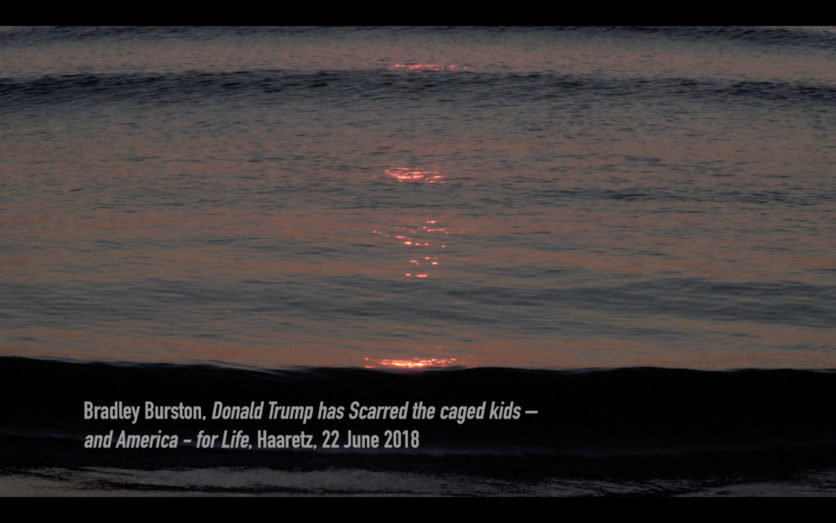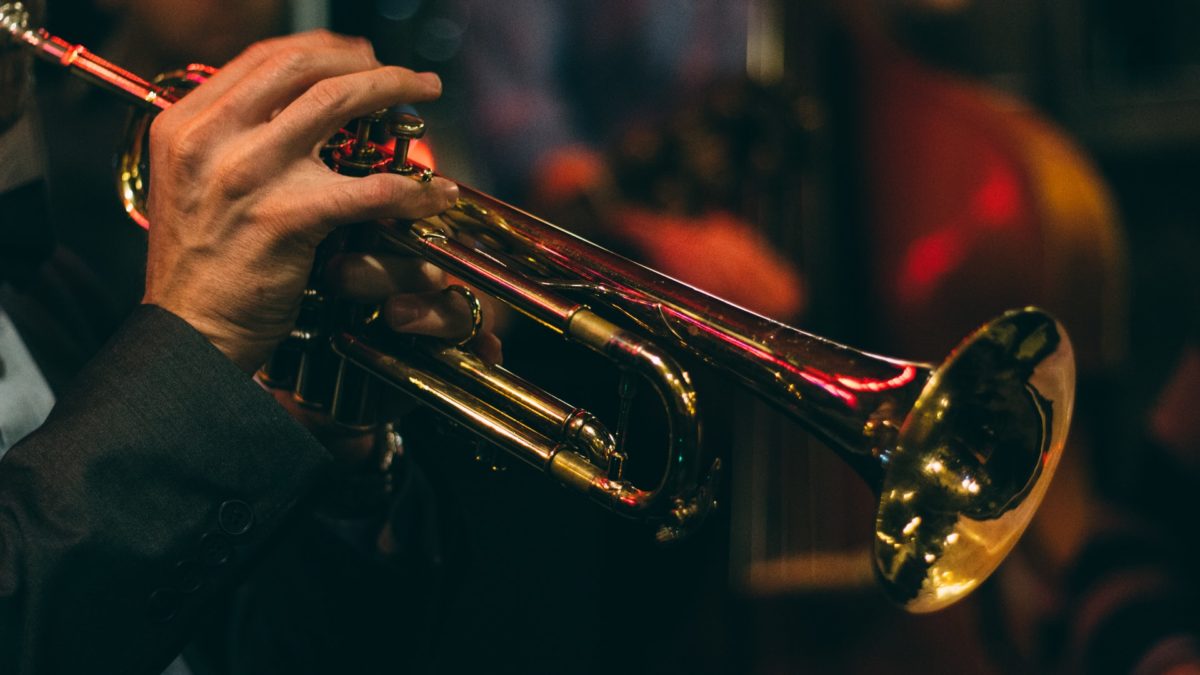UCL Urban Laboratory have brought together experts on political science, literature, jazz improvisation, climate change, early warning systems, filmmakers and urban designers for their online event on Friday 26th March, “COVID and the Urban”.
Together they aim to spark new dialogues on emergencies and our response, in partnership with the UCL Institute for Risk and Disaster Reduction.
The programme: COVID and the Urban: cross-disciplinary perspectives on emergency

Scrutinising infrastructures of risk and recovery across uneven urban landscapes
An interactive discussion ‘Scrutinising infrastructures of risk and recovery across uneven urban landscapes’ will use examples from Latin America, Asia and the UK and ask the questions:
To what degree is what we are seeing now different to how we think of issues of risk and vulnerability in the past?
How do we understand ‘urban expertise’ in light of Covid?
If placed under scrutiny, which types of systems might have longer term consequences to living with Covid?
When looking at the nexus of climate health and equity health, will our responses have benefits for the long term, in the capacity of recovery and reconstruction?
Chaired by Dr Clare Melhuish, Director of UCL Urban Laboratory, speakers will include Mehrnaz Ghojeh, Head of City Finance Facility at C40 Cities; Simon Marvin, Director of the Urban Institute, University of Sheffield; and Austin Zeiderman, Associate Professor of Geography, LSE
A Live Film Screening of Laki Haze (2020) followed by filmmaker William Raban in conversation with Carina Fearnley
In Laki Haze (2020), filmmaker William Raban looks at the eruption of the Lakakigar volcano in Iceland in 1783: a sulphurous haze shrouded vast swathes of the northern hemisphere, causing widespread crop failures, consequent famine and disease across Europe, parts of America, North Africa, and India. It is estimated to have killed millions of people.
The film continues Raban’s recent research into the use of the single long take and revisits his preoccupations with landscape film from the early 1970s.
Improvise, innovate, adapt: perspectives on emergency from beyond the city
In the closing session ‘Improvise, innovate, adapt: perspectives on emergency from beyond the city’, a diverse mix of academics from comparative literature, jazz improvisation and early warning systems will apply transdisciplinary approaches to crisis management. What relations of call and response – of voicing, listening and attending – do urban emergencies put into play? Does emergency have a colour? Is it whitewashed? What if emergency is not an interruption but a state of being, a permanent productive one? How do we refocus emergencies as a human issue rather than a technocratic or an environmental one?
Tickets to COVID and the Urban: cross-disciplinary perspectives on emergency are available through Eventbrite. Featured photo by Chris Bair on Unsplash

